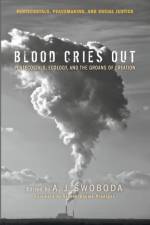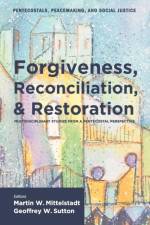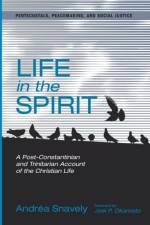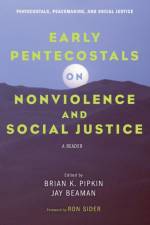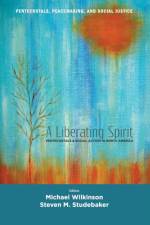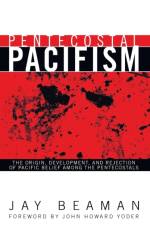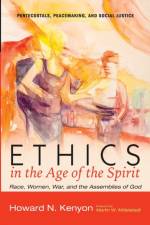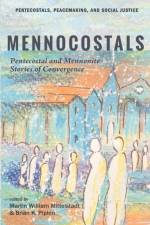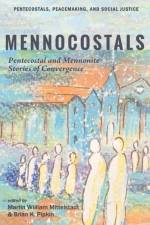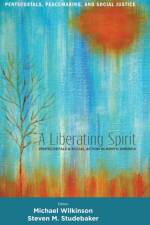40,00 €
John McConnell Jr. was the famed founder and visionary of Earth Day. McConnell's vision was one of creating a day of remembrance, solitude, and action to restore the broken human relationship to the land. Little acknowledged are McConnell's religious convictions or background. McConnell grew up in a Pentecostal home. In fact, McConnell's parents were both founding charter members of the Assemblies of God in 1914. His own grandfather had an even greater connection to the origins of Pentecostalism by being a personal participant at the Azusa Street Revival in Los Angeles in 1906. Earth Day, thus, began with strong religious convictions. McConnell, seeing the ecological demise through his religious background, envisioned a day where Christians could ""show the power of prayer, the validity of their charity, and their practical concern for Earth's life and people."" In the spirit of McConnell, today's Pentecostal and Charismatic theology has something to say about the earth. Blood Cries Out is a unique contribution by Pentecostal and Charismatic theologians and practitioners to the global conversation concerning ecological degradation, climate change, and ecological justice.""This edited collection of essays is a very welcome addition to the emerging literature on ecotheology from pentecostal scholars. They provide original contributions full of insight and wisdom from historical, theological, and contemporary studies. They also challenge theologians both inside and outside of Pentecostalism to bring ecology and theology into deeper and more sustained conversation. Swoboda should be congratulated for editing such a lively and interesting set of essays that will become a reference point for scholars and students of pentecostal ecotheology.""--Mark J. Cartledge, University of Birmingham, Birmingham, UK""A. J. Swoboda is a singular new voice urging evangelicals to follow the call to care for God's creation. In Blood Cries Out, he shines a light on the beginnings of Earth Day and the pentecostal roots of John McConnell Jr.'s drive to establish this holiday. With his signature wisdom and accessibility, Swoboda has crafted another essential volume. Highly recommended!""--Matthew Sleeth, Blessed Earth, Lexington, KYA. J. Swoboda is a pastor, writer, and professor in Portland, Oregon. He is the author of Tongues and Trees and the co-author of Introducing Evangelical Ecotheology.

